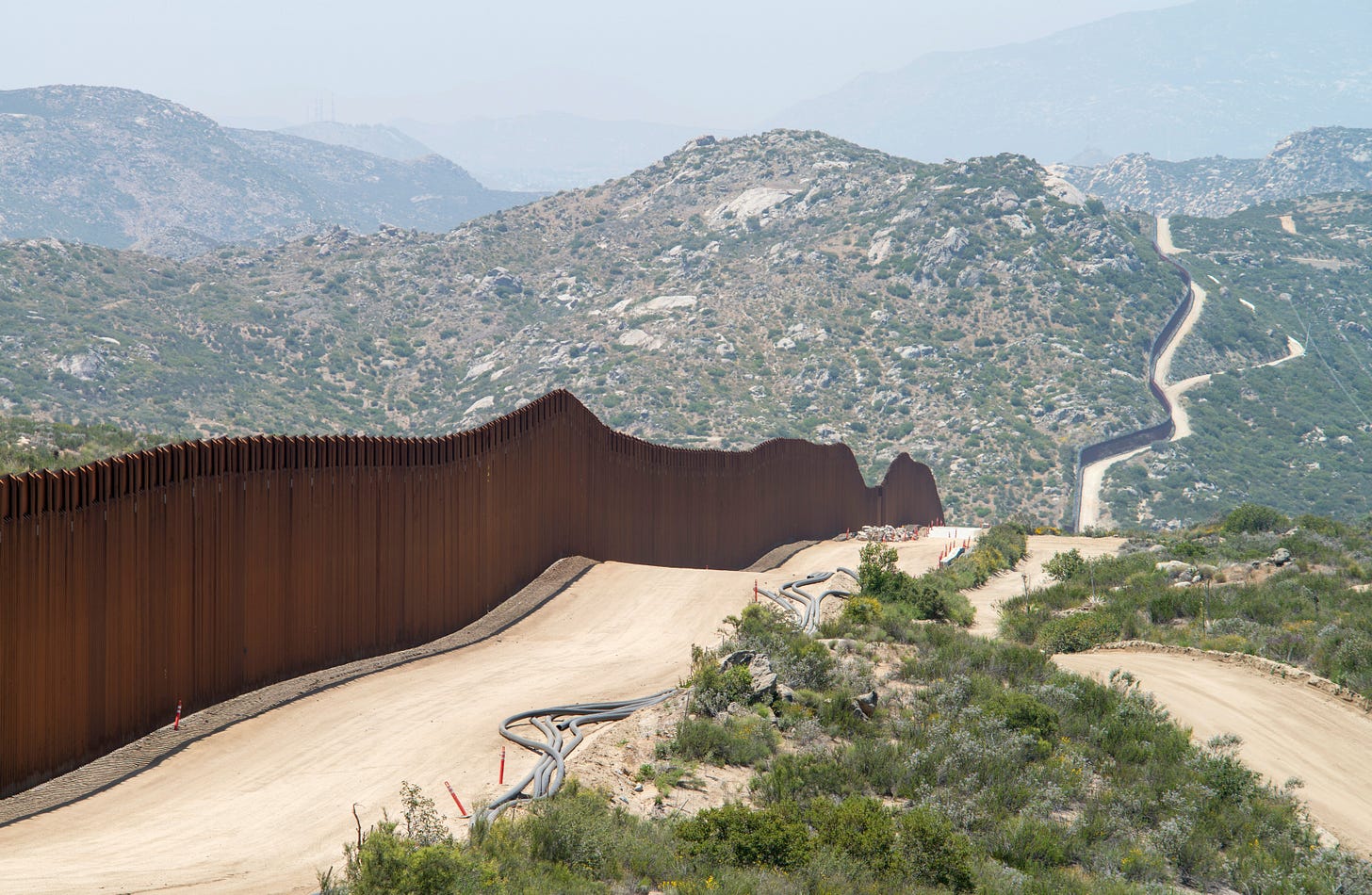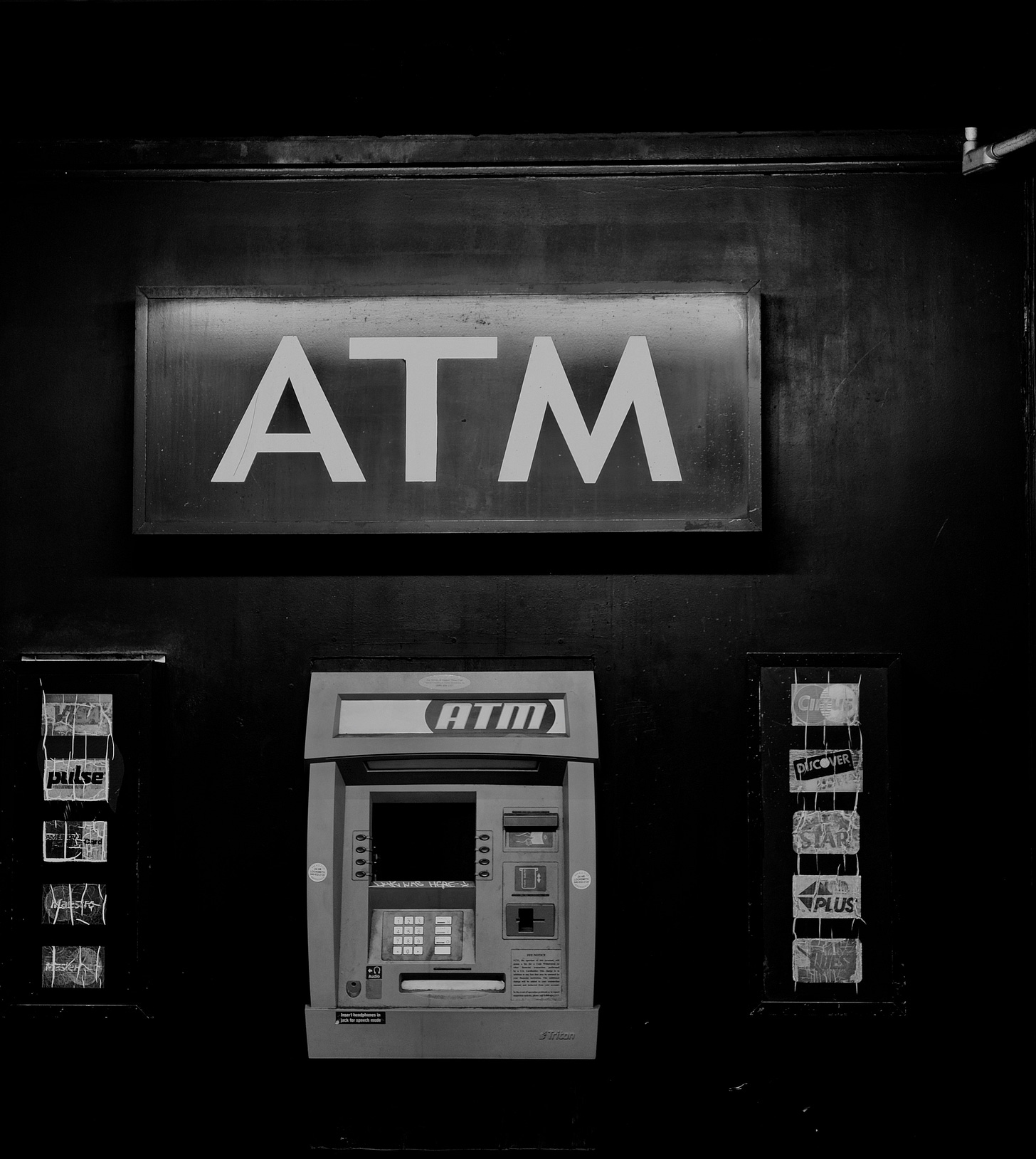
The Trump administration this week issued a new geographic targeting order (GTO) requiring money services businesses (MSBs) in certain zipcodes in Texas and California to file currency transaction reports (CTRs) with the Financial Crimes Enforcement Network (FinCEN) on cash transactions over $200.
That’s a lot of acronyms.
The Southwest Border GTO is meant to combat illicit financial activities and money laundering of Mexico-based cartels and other criminal actors in 30 zipcodes along the southwest border of the United States. It covers:
Imperial County, California: 92231, 92249, 92281, 92283
San Diego County, California: 91910, 92101, 92113, 92117, 92126, 92154, 92173
Cameron County, Texas: 78520, 78521
El Paso County, Texas: 79901, 79902, 79903, 79905, 79907, 79935
Hidalgo County, Texas: 78503, 78557, 78572, 78577, 78596
Maverick County, Texas: 78852
Webb County, Texas: 78040, 78041, 78043, 78045, 78046
Targeting Cartels
The new GTO falls in line with the Trump administration’s focus on combating fentanyl trafficking and other illicit drugs smuggled into the United States by drug cartels. The administration in January also designated eight Latin American cartels as foreign terrorist organizations (FTOs) pursuant to Executive Order (EO) 13224. This increases risk for firms and financial institutions that routinely transact with Latin American entities even in sectors such as fruit, dairy, real estate, and fuel, because of heavy involvement of cartels such as Sinaloa and Cártel de Jalisco Nueva Generación (CJNG) in these businesses. The FTO designation means that US entities that transact with businesses that are linked to these cartels can be charged with providing material support to terrorist organizations.
CJNG is heavily involved in timeshare fraud. Will victims of their activities be at risk of being charged with providing material support to a terrorist group?
They are also involved in the fuel trade. Treasury in September 2024 sanctioned a CJNG fuel theft network.
Ivan Cazarin Molina (a.k.a. “El Tanque”—meaning the storage tank) is a senior member of CJNG, reporting directly to CJNG leader Ruben Oseguera Cervantes (a.k.a. “El Mencho”) as part of his inner circle of trusted associates. Involved in the rise and consolidation of CJNG, El Tanque operates in the Mexican states of Jalisco and Veracruz. Although primarily involved in fuel theft, El Tanque has also engaged in drug trafficking, extortion, and homicide. El Tanque’s fuel theft generates tens of millions of dollars per year for himself and CJNG. El Tanque steals fuel through illicit taps of Pemex pipelines and stores it near the city of Veracruz in storage tanks capable of holding millions of liters. Through family members and associates acting as front persons, El Tanque manages a network of ostensibly legitimate retail gas stations where he sells stolen fuel. El Tanque also sells stolen fuel to third parties in Mexico, who in turn sell it to the U.S. market, often in Texas. [emphasis mine]
Would financial institutions that conduct transactions for these ostensibly legal retail gas stations be exposed to the risk of penalties for providing material support for a terrorist organization?
Would victims of CJNG’s timeshare fraud, who send money unwittingly to these companies owned by or linked to the cartel be caught up in the “providing material support” net and punished, in effect victimized again? (I view this possibility the same way I view the possibility of penalizing victims of ransomware for sanctions violations if they pay the ransom to restore their data, because transactions with sanctioned ransomware groups are prohibited.)
Secondary sanctions are also a risk where no US nexus is present. This means that the United States could impose blocking sanctions on non-US persons determined to have provided "material support" to any of these cartels, as well as correspondent account/payable through account (CAPTA) restrictions if the non-US financial institution is determined to have knowingly conducted or facilitated a significant transaction on behalf of a terrorist organization. What is significant? As I’ve written before, after President Biden signed EO 14114, imposing a secondary-sanctions risk on foreign financial institutions that conduct significant transactions with Russia’s military-industrial sector:
The definition of “significant transaction” is a bit spongy, but suffice it to say that OFAC is not in the habit of designating a bank for accidentally allowing one $1000 transaction with a shell company owned by Russia’s Rostec that it didn’t happen to detect. According to Treasury, as a general matter, some or all of the following factors may be considered: (a) the size, number, and frequency of the transaction(s); (b) the nature of the transaction(s); (c) the level of awareness of management and whether the transactions are part of a pattern of conduct; (d) the nexus of the transaction(s) to persons sanctioned pursuant to E.O. 14024, or to persons operating in Russia’s military-industrial base; (e) whether the transaction(s) involve deceptive practices; (f) the impact of the transaction(s) on U.S. national security objectives; and (g) such other relevant factors that OFAC deems relevant.
But given the increased focus on illicit drugs and the activities of Latin American cartels, I don’t think it’s unreasonable to expect penalties or even secondary sanctions against unwitting facilitators or possible victims.
Back to the GTO
The United States has a number of GTOs in effect right now. Geographic targeting orders that require US title insurance companies in specific US jurisdictions to identify the natural persons behind shell companies used in all-cash purchases of more than $300,000 of residential real estate have been in effect since 2016 and have been expanded to include certain counties and major US metropolitan areas in California, Colorado, Connecticut, Florida, Hawaii, Illinois, Maryland, Massachusetts, Nevada, New York, Texas, Washington, Virginia, and Washington DC. The last one was renewed in October and expires in mid-April. There’s no reason to assume it won’t be renewed once again.
As I mentioned, the Southwest Border GTO has a threshold of $200 for cash transactions and imposes a reporting requirement on MSBs in 30 zipcodes in Texas and California.
Normally cash-reporting requirements are for transactions of $10,000 or more, and include other monetary instruments such as cashier’s checks, money orders, or traveler’s checks. This is a drastic reduction and could ensnare millions of Americans in the surveillance net.
Could it be targeting smurfing (a money-laundering technique that involves depositing illicit funds into multiple bank accounts below the reporting requirement to avoid detection)? Possibly. Although, I cannot imagine cartels splitting their ill-gotten gains into amounts this small. It doesn’t strike me as at all efficient.
However, an average amount sent as a remittance to Mexico is $393 as of 2022, according to the Center for Strategic and International Studies. These remittances—funds sent by migrants to friends and families in their home country—provide supplemental income for Mexican households, especially ones that have not historically benefited from development aid or foreign direct investment.
And guess what! California and Texas rank highest in remittance flows.
Arizona wasn’t targeted in this GTO, although it doesn’t mean it won’t be in the future. And apparenly, Arizona has a drug-proceed problem. New Mexico, which contains the Santa Teresa border crossing that’s rife with drugs and drug proceeds wasn’t targeted either.
The new GTO strikes me as less about cartel cash and more about targeting migrant remittance flows.
Privacy advocates are also raising an alarm, rightfully asserting that the GTO expands surveillance of US citizens and those lawfully in the country.
Do MSBs have the resources?
To be sure, CTRs are not indicators of illegal financial activity, like suspicious activity reports (SARs), which all financial institutions and even designated non-financial businesses and professions must file with FinCEN. They’re more about recordkeeping and possible surveillance. Withdrawing $200 from an ATM could technically trigger a reporting requirement. Given the state of inflation, a $250 cash withdrawal could easily pay for a weekly grocery store trip. So volumes of CTRs are about to skyrocket.
An MSB is a non-bank financial institution that facilitates money transmission. MSBs are subject to regulations like the Bank Secrecy Act (BSA) and anti-money laundering (AML) requirements. So prior to this new GTOs they had the same $10,000 CTR requirement.
Western Union, MoneyGram, Remitly, various exchange bureaus, grocery stores, and even pharmacies can be considered MSBs if they transmit or convert funds.
How many resources and personnel would these smaller entities have to hire to comply with the reporting threshold? Can they afford what almost certainly could be a massive compliance resource increase? If not, they may have to cease providing these services altogether, which also limits the means through which people can send money to families in Mexico and other Latin American countries.
If MSBs such as grocery stores, gas stations, and exchange bureaus at the border stop offering these services because they can’t afford the mountain of paperwork that’s sure to accompany this requirement, chances are those here illegally will find other ways to send money to their families, and these small businesses will lose revenue.
Will the federal government examine each and every CTR? Probably not. The number of CTRs is likely to balloon to an impossible volume. But the reporting requirement can help target concentrations of these transactions and possibly indicate the presence of migrants who send remittances back to their families in their home countries.
Having come from the illicit finance world, I’m absolutely an advocate of targeting cartel money flows, but this strikes me as more of an effort to target migrants and make the United States less attractive for them to find work and to help their families in their home countries than it is stop drug proceeds.
Am I wrong?




